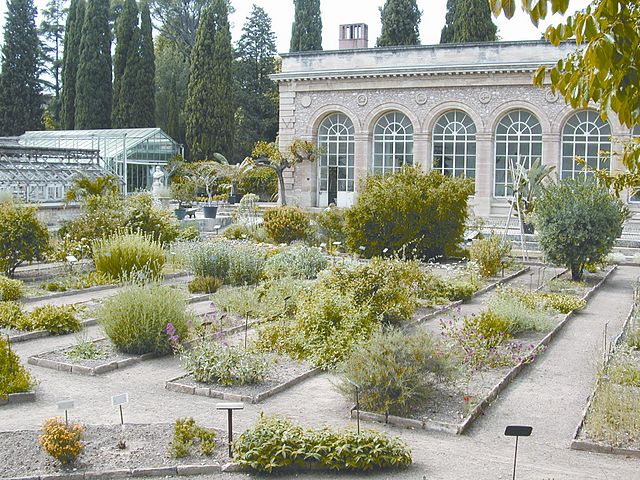×
QuicknavManagement Center Innsbruck
- Mein Studium
- Services
- Student Life
- Student Life
- International
Université de Montpellier

Year of foundation: 1289
Approx. number of students: 41,000
Period of study: Early September-Mid January; Mid January-And April
MCI partner since: 2010
Montpellier is served by railway, including TGV trains. Montpellier's main railway station is St Roch. The Montpellier-Méditerranée Airport is located in the area of Fréjorgues, in the town of Mauguio, southeast of Montpellier.
The university was splitted into 3 universities during 45 years (the University of Montpellier 1, the University of Montpellier 2 and the Paul Valéry University Montpellier 3) between 1970 and 2015 when it was subsequently reunified by the merger of the former two, with the latter, now named Paul Valéry University Montpellier, remaining a separate entity.
https://www.umontpellier.fr/
Zurück
Approx. number of students: 41,000
Period of study: Early September-Mid January; Mid January-And April
MCI partner since: 2010
The City
Montpellier is located in southern France. It is the capital of the Languedoc-Roussillon region, as well as the Hérault department. Montpellier is with approx. 265,000 inhabitants the 8th biggest city of the country, and is also the fastest growing city in France over the past 25 years. The city is situated on hilly ground 10 kilometres inland from the Mediterranean coast on the River Lez. The name of the city, which was originally Monspessulanus, is said to have stood for mont pelé (the naked hill, because the vegetation was poor), or le mont de la colline (the mount of the hill). Montpellier's highest point is the Place du Peyrou, at an altitude of 57 metres. The city is built on two hills, Montpellier and Montpelliéret, thus some of its streets have great differences of altitude. Some of its streets are also very narrow and old, which gives it a more intimate feel.Montpellier is served by railway, including TGV trains. Montpellier's main railway station is St Roch. The Montpellier-Méditerranée Airport is located in the area of Fréjorgues, in the town of Mauguio, southeast of Montpellier.
The University
The University of Montpellier (French: Université de Montpellier) is a French public research university in Montpellier in south-east of France. Established in 1289 the university of Montpellier is one of the oldest of the world.The university was splitted into 3 universities during 45 years (the University of Montpellier 1, the University of Montpellier 2 and the Paul Valéry University Montpellier 3) between 1970 and 2015 when it was subsequently reunified by the merger of the former two, with the latter, now named Paul Valéry University Montpellier, remaining a separate entity.
https://www.umontpellier.fr/
Zurück
Wir nutzen Cookies auf unserer Website. Einige von ihnen sind essenziell für den Betrieb der Seite, während andere uns helfen, diese Website und die Nutzererfahrung zu verbessern (Tracking Cookies). Sie können selbst entscheiden, ob Sie die Cookies zulassen möchten. Bitte beachten Sie, dass bei einer Ablehnung womöglich nicht mehr alle Funktionalitäten der Seite zur Verfügung stehen.

